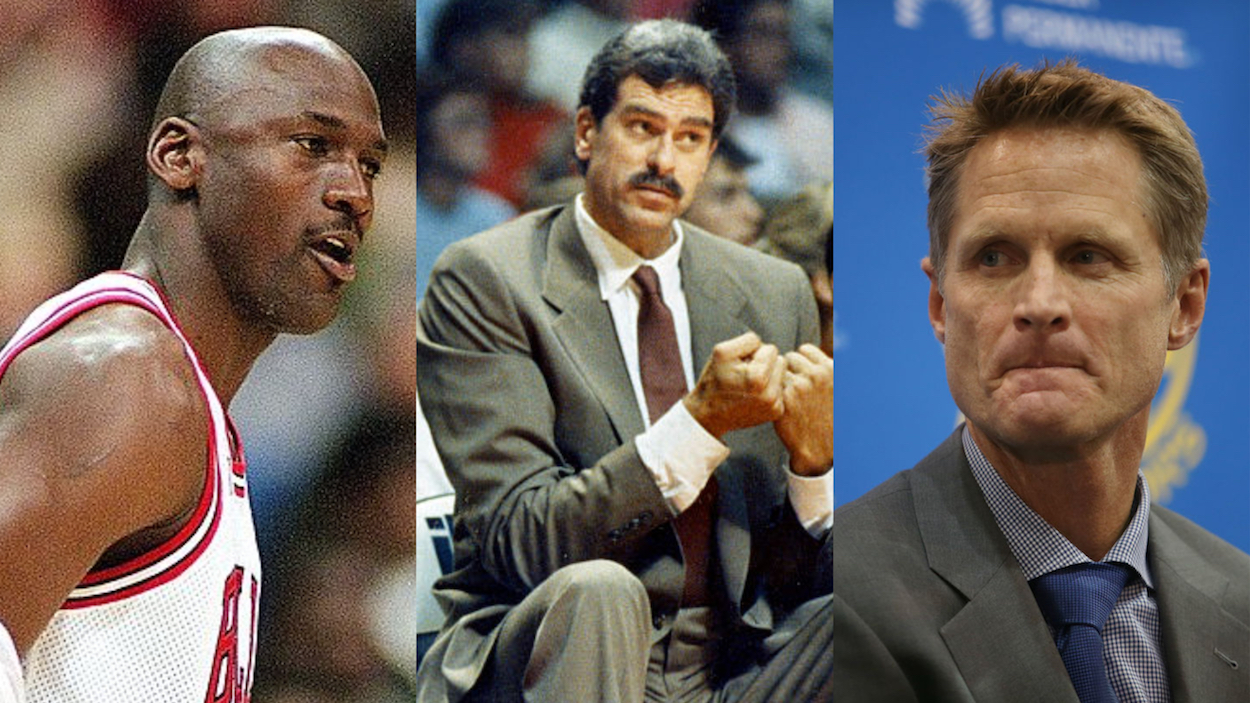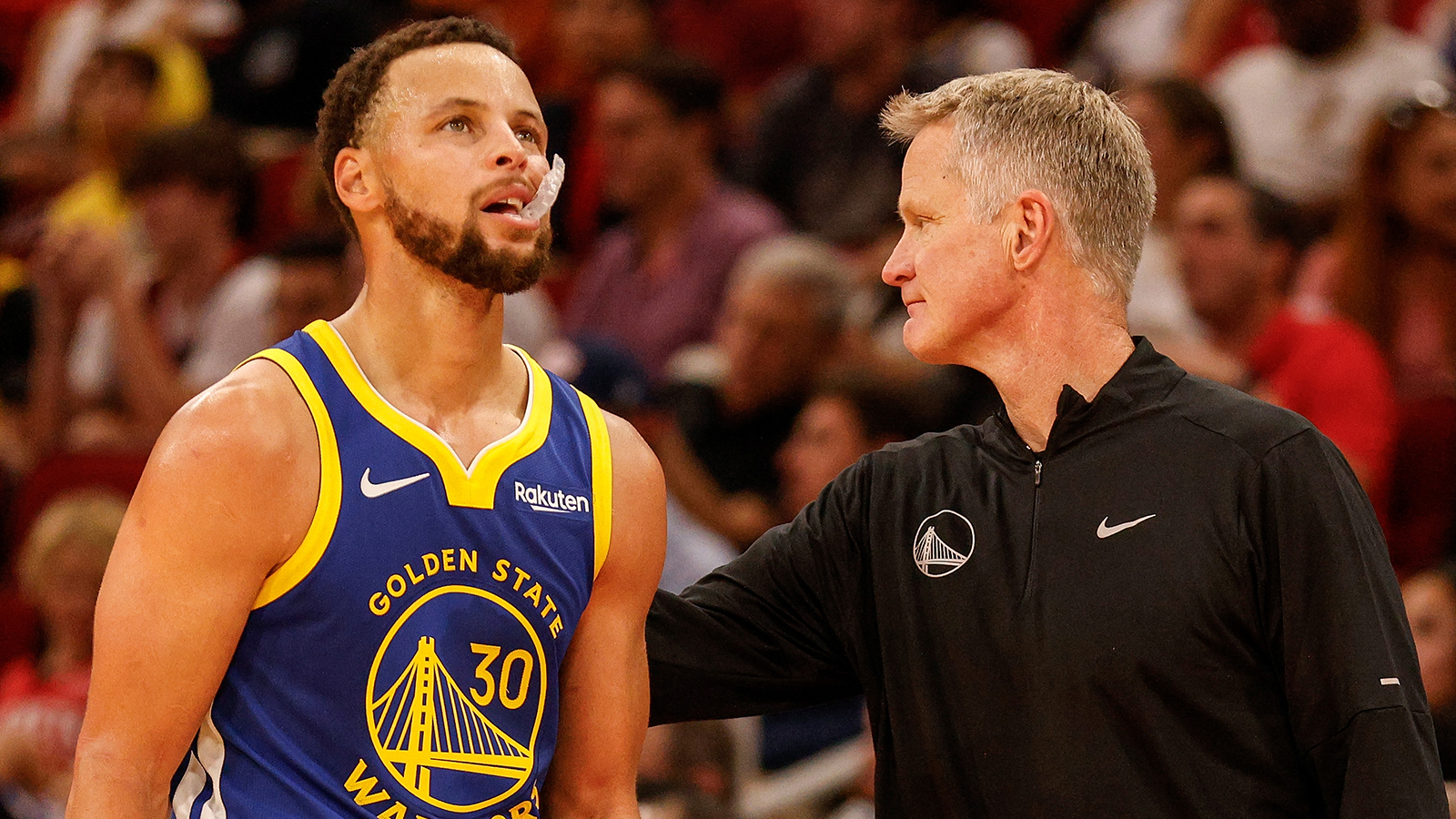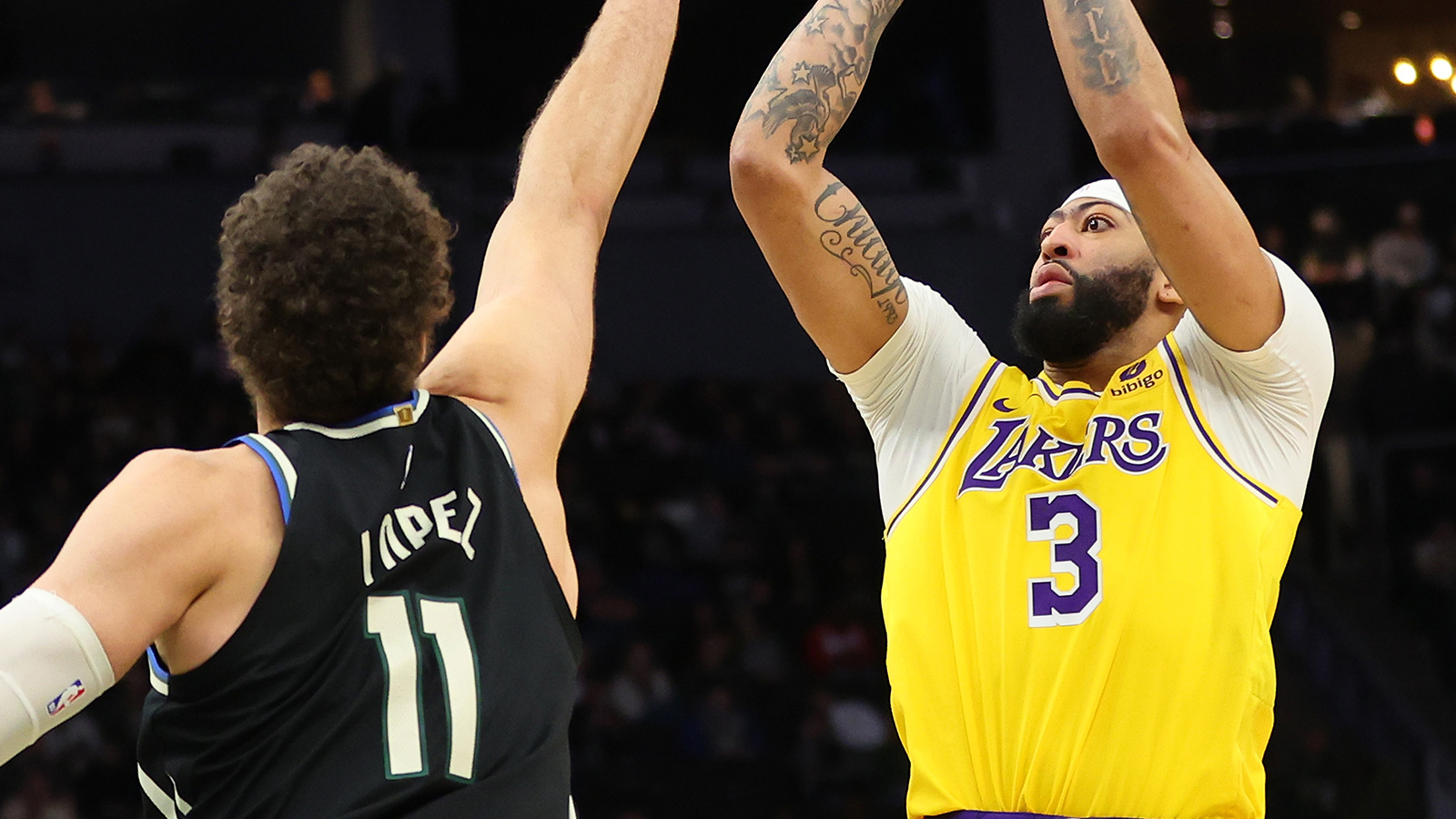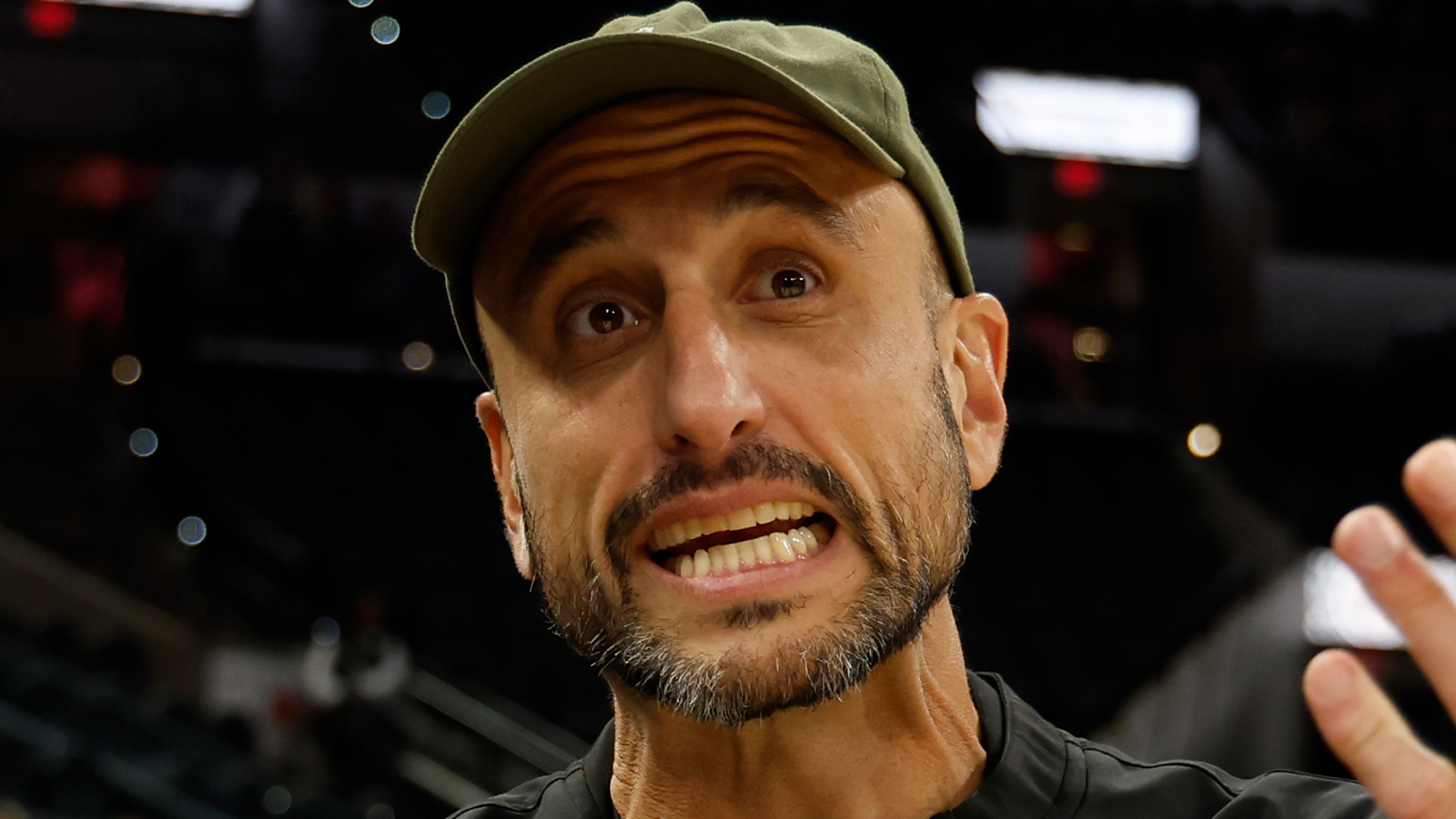
Michael Jordan Punching Steve Kerr Turned Into a Positive for Both the Bulls and His Airness, According to Phil Jackson
When it comes to his overall resume, Michael Jordan’s career is rather impeccable. His Airness still stands tall as one of the best NBA players in history, thanks to his six championships, five MVP titles, and overall dominance. One area where he didn’t exactly excel, however, was being a teammate.
Take, for example, an infamous incident during the 1995-96 campaign. During a Bulls practice, MJ got fed up with Steve Kerr and ultimately punched the guard in the face.
From Phil Jackson’s perspective, though, that incident had a positive outcome. In the Zen Master’s estimation, it not only helped the Bulls come together as a collective but took His Airness’ leadership to the next level.
Phil Jackson believes that Michael Jordan grew after punching a teammate
From afar, punching a teammate during practice seems like one of the worst offenses imaginable. Not only is it assault, but it can shatter the trust within the locker room. How can everyone work together toward a common goal if there’s a threat of physical violence looming over the squad?
And, based on everything we know of Phil Jackson and his Zen philosophies, it’s easy to assume that he’d think crossing a line with a teammate is the ultimate breach of collective trust. When Michael Jordan punched Steve Kerr, though, the coach felt a bit differently.
“I think it’s essential for athletes to learn to open their hearts so that they can collaborate with each other in a meaningful way,” Jackson wrote in his book 11 Rings. “When Michael returned to the Bulls in 1995 after a year and a half playing minor league baseball, he didn’t know most of the players and he felt completely out of sync with the team. It wasn’t until he got into a fight with Steve Kerr at practice that he realized he needed to get to know his teammates more intimately. He had to understand what made them tick, so that he could work with them more productively.”
In the head coach’s eyes, that lesson made all the difference for MJ and the Bulls.
“That moment of awakening helped Michael become a compassionate leader and ultimately helped transform the team into one of the greatest of all time.”
While that take may sound like it’s influenced by nostalgia (or rose-tinted glasses), since MJ never really became warm and fuzzy, it does raise an interesting idea. At a certain point, perhaps the only way to improve things is to break them and rebuild.
At the risk of trying to draw a historical parallel that might not exist, perhaps that’s where Draymond Green and the Golden State Warriors find themselves. The forward’s sucker punch crosses just about every line imaginable, but maybe it was so bad that Green can’t play it off. Had he shoved Jordan Poole, the offense would be easy to explain away as something that happened in the heat of the moment. No one, however, can look at the video and respond with anything less than condemnation.
Maybe that’s what it takes for Green to take stock of himself, his reputation, and his behavior. Shame is a universal emotion, and it’s a powerful one. And, even for someone who’s used to being in the spotlight, having your actions broadcast around the world is probably a powerful incentive to reassess.
Is hand-to-hand combat going to become the next popular team-building activity? Definitely not, and punching a co-worker shouldn’t be made light of. In Phil Jackson’s estimation, though, a punch was what it took for Michael Jordan to reach his full potential.
Maybe the same can be said for Draymond Green.
Like Sportscasting on Facebook. Follow us on Twitter @sportscasting19 and subscribe to our YouTube channel.



